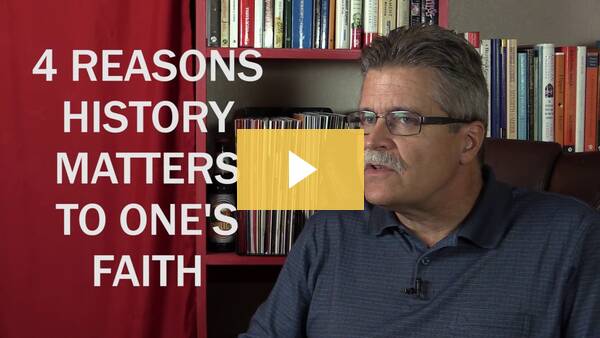![]()
I spoke at the 10th Anniversary Conference of the Christian Universalist Association, in Dallas, Texas on October 22, 2017. Learn more about the roots and impact of Universalism and the historical fallacy of the Doctrine of Hell. I welcome any comments or questions. Thanks goes to Rich Koster, Mary Keller, and Charles Slagle for welcoming me into the CUA and opening a door for me to speak at this year’s conference.
Category Archives: Videos
Disarming Evil With Love and Wine
When we hold a worldview that people are inherently bad and need law and order to suppress that badness, we will tend to react to hostility with either judgmental retaliation or defense. But if we believe people are not inherently bad; that they are only lost when they go down an evil path, our reaction to hostility might be dramatically different.
When Christ calls humanity to “love your enemies,” it is not merely a command to do the right thing but a strategy to diffuse evil and transform “bad” people into good–in other words a method to help them find their way home and back to their true self.
This NPR story demonstrates the power of love (what a psychologist would call non-complementary behavior) over hostility, when a woman offers a glass of wine to a man threatening murder and mayhem. Moreover, it is an example of the new spirituality we need in a world full of theologies of depravity and threats of terrorism. I would love to hear your thoughts.
Correcting the Flat Reading of the Bible
Michael Hardin is brilliant in taking us back to the Jewish historical and cultural way of thinking at the time of Christ to correct the traditional Evangelical way of reading the Bible, as if everything is equally authoritative and true, what he calls a flat reading of the Bible. Open your eyes and heart to a new way of finding the fingerprints of God through the lens of Jesus, not by swallowing everything you read hook, line, and sinker, but by viewing the sacred texts in their historical/cultural context with Jesus as the window. A refreshing perspective! Thoughts? (23:14)
4 Reasons History Matters to One’s Faith
When people of faith, particularly the Christian faith, don’t get the historical facts right, they can come up with some wild and wacky theologies, e.g. church authority and hierarchy, the Rapture, the imminent Return of Christ in our lifetime, etc. As imprecise as history is, it does follow a scientific method. Check out what our study group learned about why history matters >


